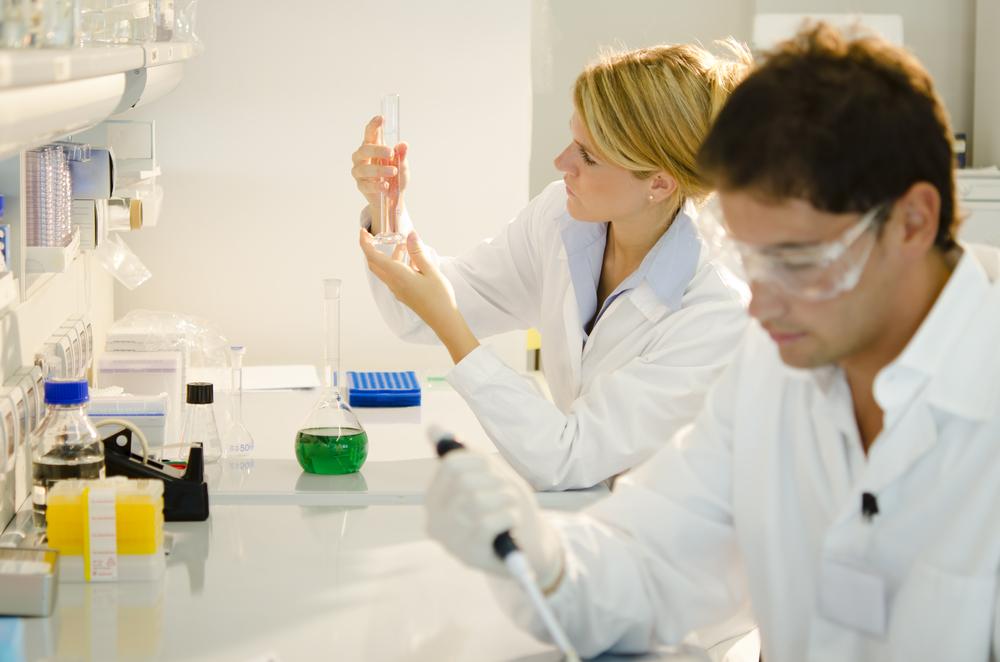Here’s How Stem Cell Therapy Can Make Your Life Better
Though the mortality rate has declined over the years owing to the progress in the field of medical science, there are certain ailments for which the treatment methods are still being devised. The recent discoveries are reassuring as they have given people the hope of being cured of diseases that were deemed formidable once upon a time.

Stem cell therapy has been used to treat certain conditions that previously resorted to surgery as the last option. Stem cells are those cells that have the ability to duplicate itself and even differentiate into specialized cells which are instrumental in regenerating damaged tissue or organ parts. Though this prospect might appear astounding, there are certain limitations to the stem cell therapy, and it is imperative that one knows that this therapy is still not completely developed. Though there are still unexplored aspects of this treatment method, it has proven to be useful in curing certain serious conditions.
Where are the stem cells found?
- Stem cells are a different class of undifferentiated cells which have the ability to differentiate into specialized cell types. These stem cells are procured from two main sources, which include the embryos that are a result of the blastocyst phase of embryological development and the adult tissues.
- It is imperative to understand that the stem cells procured from the embryos exist only at the earlier stages of development, whereas, the ones derived from the adult tissues appear during the fetal development remain in the body throughout the life.
- Both the type of stem cells is characterized by their potency or their ability to differentiate into different cell types, such as the muscle, bone, or skin.
What are the unique features of stem cell therapy?
- Stem cell therapy has gained immense popularity owing to its ability to treat certain formidable conditions.
- Stem cell therapy has the ability to speed up the amount of time otherwise taken for injuries and wounds to heal. It even reduces sudden and chronic pain without the need for too many medications.
- It increases the muscle functionality, flexibility, and you can bid adieu to sleepless nights as stem cell therapy can improve one’s sleep quality.
- Stem cell therapy has the ability to reduce muscle compensation and risk of sustaining future injuries. It even reduces the effects of nerve damage and increases collagen, thereby, delaying the aging process. Moreover. It helps in generating new heart and blood vessel tissues, healing open skin wounds, and even prevents the formation of scar tissue.
- Not many are aware of stem cell therapy’s ability to reduce hair loss, and once the patient undergoes stem cell therapy, they can resort to their normal lives in no time.
What are the side effects of stem cell therapy?
- Stem cell therapy is known to be a lifesaver when it comes to treating certain ailments. Be it orthopedic injuries or certain cardiovascular diseases, stem cell therapy has proven to help cure these conditions without resorting to extreme treatment measures.
- However, there are certain side effects of stem cell therapy which makes this process a risky one. Some of the common side effects of stem cell therapy are low blood cell counts, infection, sudden bleeding, anemia, graft-versus-host disease, veno-occlusive disease, digestive system problems, skin and hair problems, pain, and kidney problems.
- At times, after undergoing the stem cell therapy, there are instances when the individual’s entire life is turned upside-down due to the long-term side effects.
What are the potential uses of stem cell therapy?
- Stem cell therapy, though in its initial stages, has an immense potential that can be harbored for future uses.
- Stem cells have potential uses in the different areas of research and medicine. It can be used to develop cell-based therapies that are aimed at transplanting specialized cells in the laboratory. It can even be used to study human development and how the cells function and differentiate which form the basis of the studies of why certain cells become cancerous, helps determine the causes of genetic diseases.
- It is believed that stem cells developed in the laboratory can be used to test drugs and chemicals that play a major role in helping to combat incurable diseases.
- Stem cells can also be used to screen potential toxins in certain substances before they are used in the environment.
Tags – better stem cell therapy











